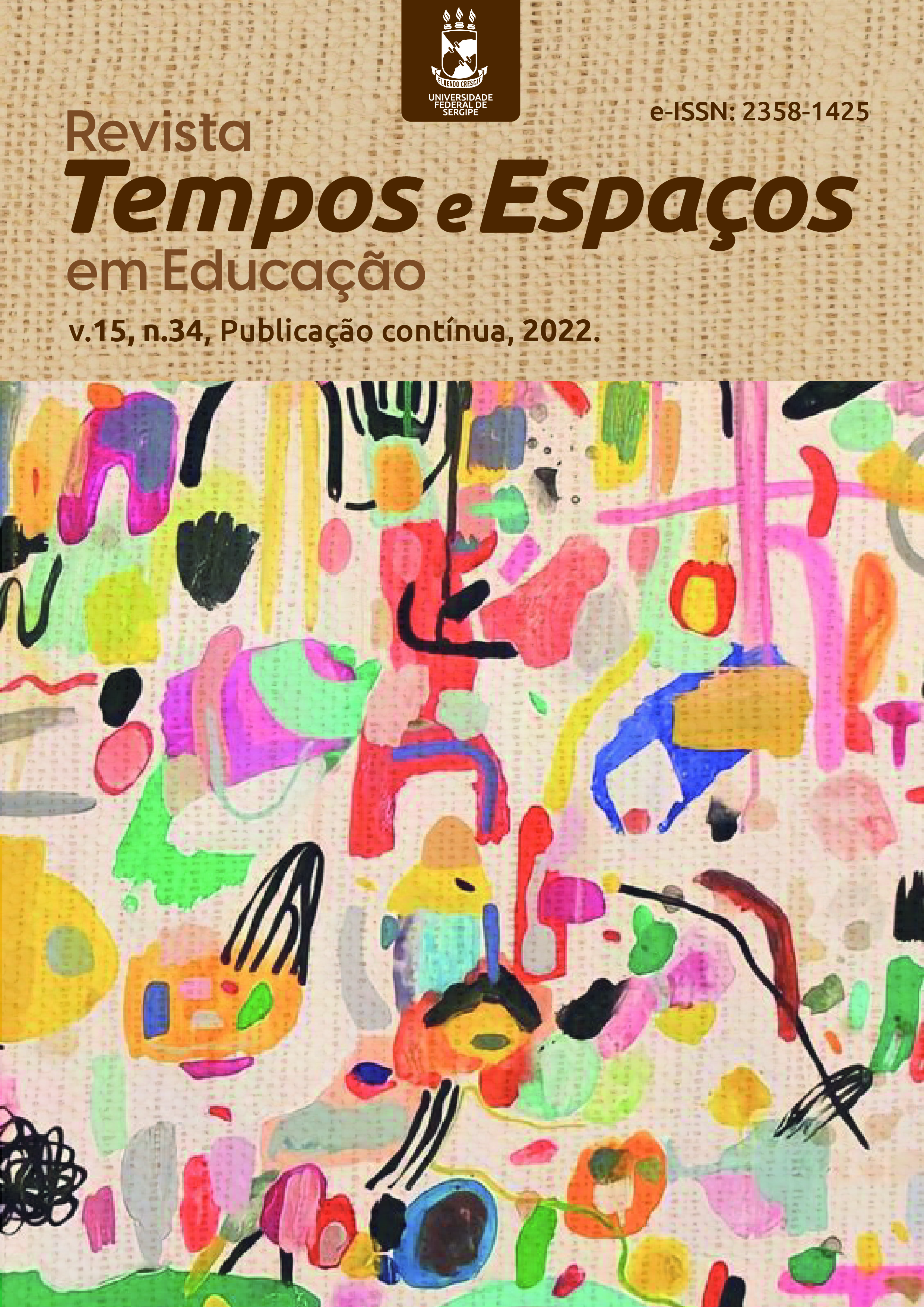Emergency remote teaching and its impacts on Lizard.4.Future computational thinking and application development workshops
DOI:
https://doi.org/10.20952/revtee.v15i34.17629Keywords:
Computational thinking, Application Development, Emergency Remote Teaching, Covid-19Abstract
Computational thinking is a skill that has aroused the interest of education in countries. To provide opportunities for the development of this skill and knowledge about creating applications, in the training of teenagers in the 9th grade of elementary school with low IDEB in a municipality in northeastern Brazil, the Lizard.4.Future project has workshops offered since 2020. However, the impact of the covid-19 pandemic on project activities. In this article, we present its design challenges during the Lizard.Future project, and impacts, on running emergency remote learning applications. Access difficulties and instability in the support network for digital tools, in addition to the difficulty of writing and office facilities of digital tools, in addition to the difficulty of writing and resource facilities of digital tools. The result was twenty-four graduating course participants and four applications for them.
Downloads
References
Alves, F. (2016). Design de aprendizagem com uso de canvas. DVS Editora.
Brackmann, C. P. (2017). Desenvolvimento do pensamento computacional através de atividades desplugadas na educação básica [Tese (Doutorado em Informática na Educação), Universidade Federal do Rio Grande do Sul]. https://lume.ufrgs.br/handle/10183/172208.
Brasil (2018). Base Nacional Comum Curricular. Ministério da Educação. Disponível em: http://basenacionalcomum.mec.gov.br/abase.
Brynjolfsson, E., & Mcafee, A. (2015). A segunda era das máquinas: Trabalho, progresso e prosperidade em uma época de tecnologias brilhantes. Alta Books.
Resnick, M. (2014). Forewords by Mitchel Resnick. In: Mcmanus, S. Scratch programming in easy steps: covers Scratch 2.0 and Scratch 1.4. Leamington Spa: Easy Steps, p. 7-8.
Santos Júnior, G. P., & Lucena, S. (2021). Development of computational thinking with on-line practices in times of pandemic: A possible road?. Journal of Research and Knowledge Spreading, 2(1), e12479. https://doi.org/10.20952/jrks2112479.
Valente, J. A. (2016). Integração do pensamento computacional no currículo da educação básica: Diferentes estratégias usadas e questões de formação de professores e avaliação do aluno. Revista e-Curriculum, 14(3), 864–897. https://revistas.pucsp.br/index.php/curriculum/article/view/29051.
Wing, J. M. (2006). Computational thinking. Communications of the ACM, 49(3), 33–35. https://doi.org/10.1145/1118178.1118215.
Published
How to Cite
Issue
Section
License
À Revista Tempos e Espaços em Educação ficam reservados os direitos autorais pertinentes a todos os artigos nela publicados. A Revista Tempos e Espaços em Educação utiliza a licença https://creativecommons.org/licenses/by/4.0/ (CC BY), que permite o compartilhamento do artigo com o reconhecimento da autoria.



